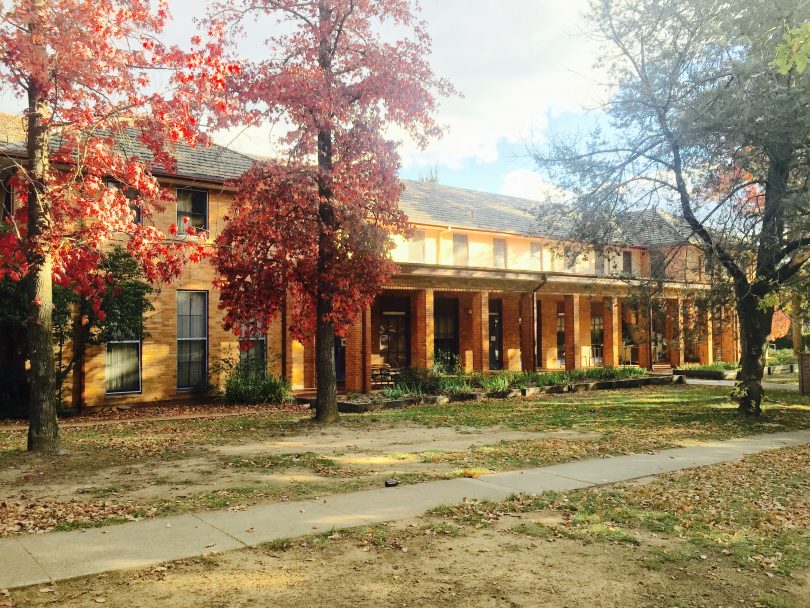
The ACT’s first community based peer-led sex and gender clinic will operate from the AIDS Action Council Office. Photo: Supplied.
It can be tough being different. The process of exploring your identity and realising who you are is a journey that everyone takes. But when this includes questioning the identity you are born with, it can be even more challenging.
While most LGBTIQ+ people live fulfilling and healthy lives, research indicates that as a population group, Australia’s sex and gender diverse community has a poorer health and wellbeing status compared with the total population. This largely results from stigma and discrimination that this community experiences, as well as specific health issues related to being lesbian, gay, bisexual, transgender or intersex.
The ACT Government envisions Canberra being the most welcoming and inclusive city for members of the LGBTIQ+* community. Through its Capital of Equality Strategy, it has outlined a plan to provide a range of support services and celebrate the diversity of our community.
While there are many great initiatives, there are still some gaps in service delivery. As our city grows, and the needs of the community also increase, there are opportunities to reflect on how we support particular groups in the community and how we can improve services and respond to needs.
In particular, many people requiring specific health services and support relating to their gender identity struggle to find the services they need here in Canberra. People who require specific medical services related to sex and gender often find that they need to travel interstate to access medical and other health services. While the services that are provided in the ACT are of high quality, many people experience difficulties getting timely access, can experience disjointed medical health delivery, and report that they often find it hard to receive a holistic response to the issues they are facing.
This evidence, as well as the emergence of great models of service in other jurisdictions such as the NSW’s Gender Centre and Equinox in Victoria, have motivated organisations including the AIDS Action Council and A Gender Agenda to work to establish the ACT’s first community based peer-led sex and gender clinic.
The vision of this service is to provide a ‘one-stop shop’ for gender diverse and transgender people to access medical, psychological, psychosocial and allied health in the community in a safe, supportive and welcoming single venue.
In addition to providing the usual health services, a key part of this proposal is to move away from a purely medical model but instead include peer-based services and support to deliver a holistic approach to health and wellbeing.
These peer-based services are central to the success of this service model. Both organisations have strong evidence to suggest that peer support enables shared experience to be used to deliver empathetic and validating services. They have demonstrated through their work across the community that people with similar lived experiences can provide practical advice and strategies. They can provide great insights, increased understanding and the connection of lived experience about how to navigate a system that can be daunting for even the most savvy health care consumer.
These approaches fill a gap in traditional health service delivery and have been shown to be crucial in countering the exclusion and disconnection from community that can often be experienced by people going through this transformative period of their lives.
The model is also prioritising informed consent, and through working closely with the community, will strive to ensure that the service provides a safe environment for gender diverse clients.
While health funders are yet to back this model with financial support, the organisations are moving ahead to identify health professionals that are interested in being part of this innovative service model. This will also provide an opportunity for health professionals interested in developing their capacity to support their transgender and gender diverse patients.
The service is planned to be operating from a clinic space at Havelock House and be fully operational by the end of the year.
Interested health professionals are encouraged to contact the AIDS Action Council to register their interest.
I think it’s important that we provide empathetic and responsive health services for everyone in our community. What health services do you access that provide a great holistic service?
*LGBTIQ+ is an umbrella term respectfully used to refer to the diversity of individuals that are lesbian, gay, bisexual, transgender, intersex and/or queer. It is also intended to capture diverse sexualities and gender identities, including (but not limited to) people who are agender, non-binary, gender fluid, asexual and pansexual, as well as individuals who prefer to use specialised personal terms to describe their own sex, gender or sexuality














